Jump To Section
When we think of acne, the awkward teenage years often come to mind. But what happens when those troublesome pimples stick around well into adulthood? Like an uninvited guest that refuses to leave, adult acne can be frustrating, bewildering, and even a blow to one’s confidence. But don’t worry – this blog is your ultimate guide to understanding and tackling adult acne.
What is Adult Acne?
Adult acne is, essentially, the same condition as teenage acne but occurs in people aged 25 and older. While most people grow out of acne as teenagers, many adults find themselves still battling breakouts well into their 30s, 40s, or even 50s. The causes can vary from hormonal changes to lifestyle factors, and while it may seem like an annoying setback, the good news is that it can be managed effectively.
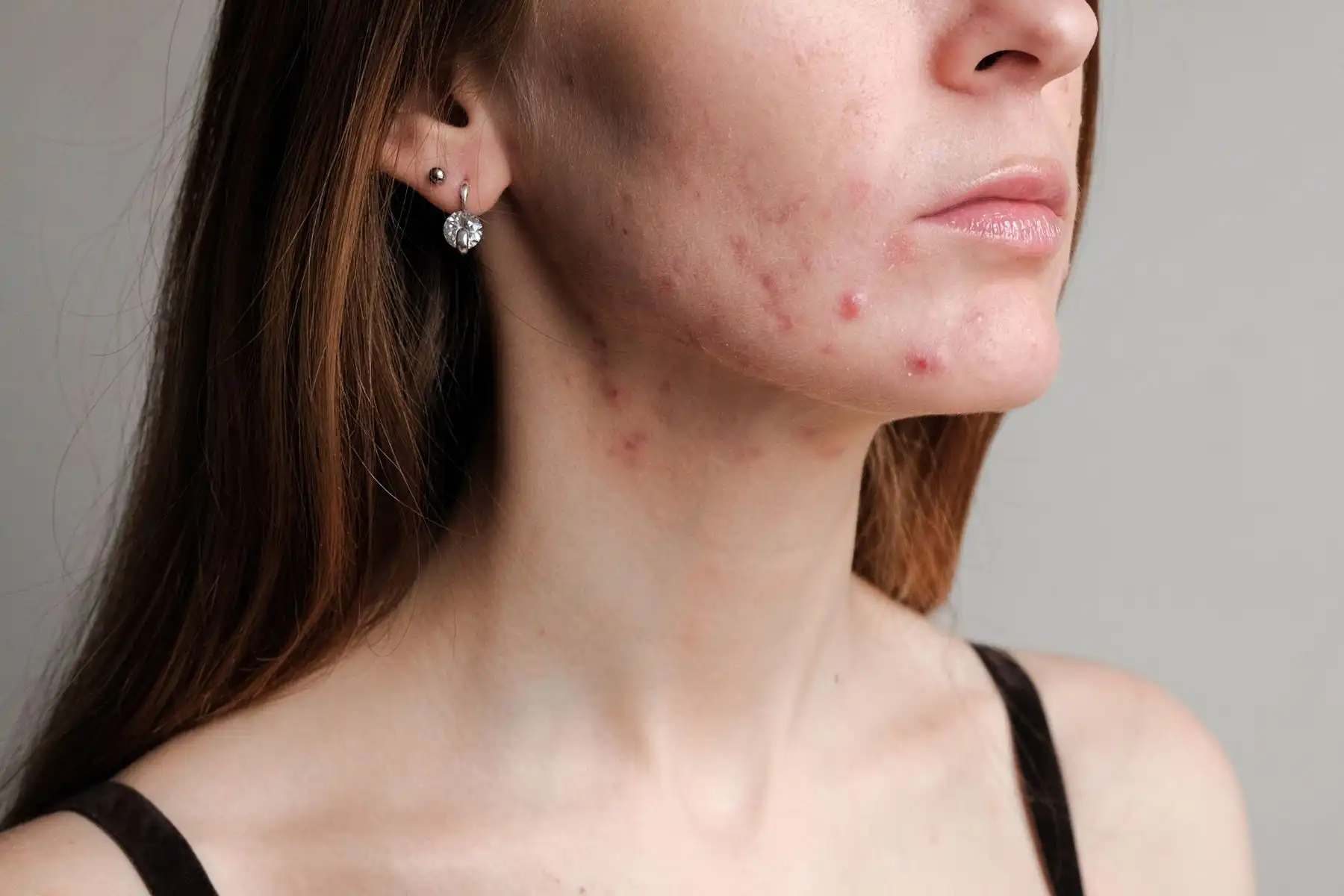
It’s a common misconception that acne only affects teenagers and not adults – click here to learn more about acne myths and misconceptions.
The Causes of Adult Acne
Just like teenage acne, adult acne is a result of clogged pores, bacteria, and excess oil. However, in adults, it’s often linked to other factors that are more complex than just puberty. Here are some common causes:
1. Hormonal Changes
Hormones are one of the leading culprits when it comes to adult acne. During times of hormonal fluctuation, such as during the menstrual cycle, pregnancy, or menopause, the body can produce excess oil, which clogs pores and leads to breakouts. Hormonal contraceptives can also be to blame for acne flare-ups in some women, as they may either increase or decrease oil production.
For both men and women, stress can trigger an increase in androgen levels (a type of hormone), which in turn stimulates oil production in the skin. This is why many people notice breakouts during stressful periods, such as exams, work pressures, or significant life changes.
Click here to learn more about hormonal acne.

2. Stress: The Silent Acne Trigger
We all know that stress is a notorious mood-downer, but it can also wreak havoc on your skin. When stress levels rise, so does the production of cortisol, a hormone that can stimulate oil production in the skin. This excess oil can clog pores, leading to the development of acne. Stress-induced breakouts are typically more prominent along the jawline, chin, and neck, where oil production tends to be more concentrated.
Click here to learn more about managing stress for acne.

3. Skincare Routine Troubles
While most of us think of skincare products as the heroes of our routine, sometimes they can cause more harm than good. Using harsh cleansers, scrubs, or overusing certain products (like exfoliators) can irritate the skin, increase oil production, and even dry it out, leading to breakouts. Additionally, some skincare products may contain pore-clogging ingredients that contribute to acne formation.
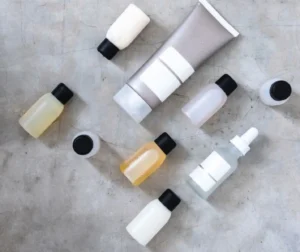
4. Medications and Health Conditions
Certain medications, such as those for depression, epilepsy, or hormonal imbalances, can cause acne as a side effect. Conditions like polycystic ovary syndrome (PCOS), which causes hormonal imbalance, can also contribute to persistent acne in adulthood. If you suspect your acne may be linked to a medication or health condition, it’s worth consulting a doctor to explore potential solutions.
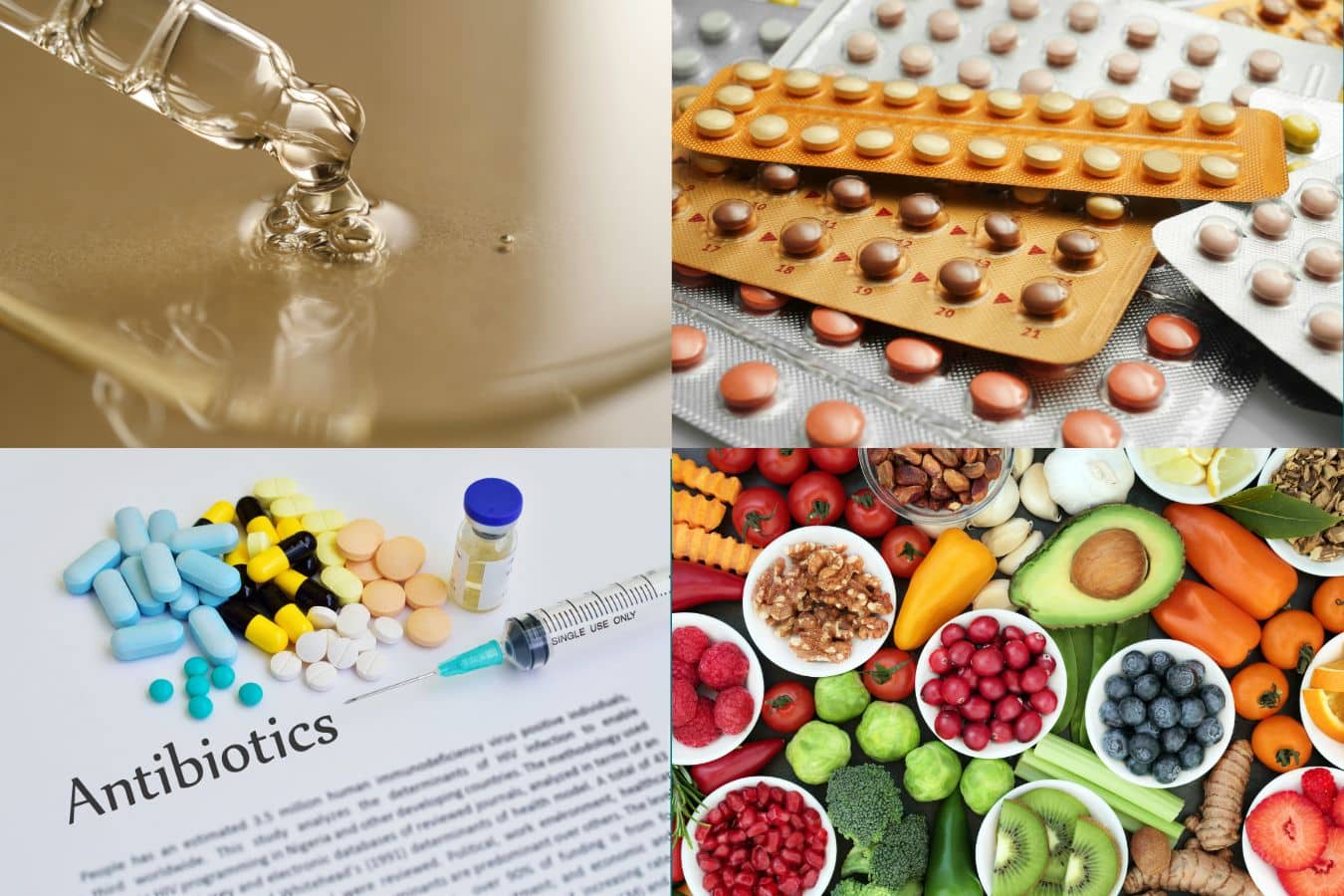
5. Diet and Lifestyle Factors
Believe it or not, your diet and lifestyle choices can significantly impact your skin. While eating greasy foods doesn’t directly cause acne, high-glycemic foods, such as sugary snacks and refined carbs, can trigger insulin spikes, leading to increased oil production in the skin. Dairy products have also been linked to acne in some individuals, as they may promote hormone-like substances in the body that trigger breakouts.
Lack of sleep, smoking, and exposure to environmental toxins can all contribute to acne flare-ups as well, making it essential to manage your lifestyle to support overall skin health.

How to Treat Adult Acne: A Multi-Pronged Approach
Now that we understand the various causes, it’s time to arm ourselves with the best strategies to tackle adult acne. There are several treatments and lifestyle changes you can implement to reduce acne breakouts and restore the health of your skin.
1. Consult a Dermatologist or Skincare Therapist for a Personalised Plan
The first step in treating adult acne is understanding your skin type and the underlying causes. If you’re dealing with mild to moderate acne, our free skincare consultation with one of our expert therapists can help identify the best approach for your skin. They will perform a thorough skin analysis and provide personalised recommendations, which may include lifestyle adjustments, skincare products, or advanced treatments.
For more severe or persistent acne, an initial dermatology consultation with one of our expert dermatologists is recommended. They will diagnose your condition and create a tailored treatment plan, which may include prescription treatments or more advanced options.

2. Topical Treatments: The Essentials
Topical treatments are often the first line of defence against acne. Some of the most effective options include:
Retinoids: These vitamin A derivatives are considered gold standard in treating acne. They work by speeding up skin cell turnover, which helps to prevent pores from becoming clogged. They also reduce inflammation and prevent new breakouts.
Salicylic Acid: A type of beta-hydroxy acid (BHA), salicylic acid helps to exfoliate the skin and unclog pores, making it highly effective in treating mild to moderate acne.
Benzoyl Peroxide: A powerful antibacterial agent, benzoyl peroxide targets the bacteria that cause acne while also helping to reduce excess oil in the skin.
Click here to learn more about what ingredients matter most in acne products.
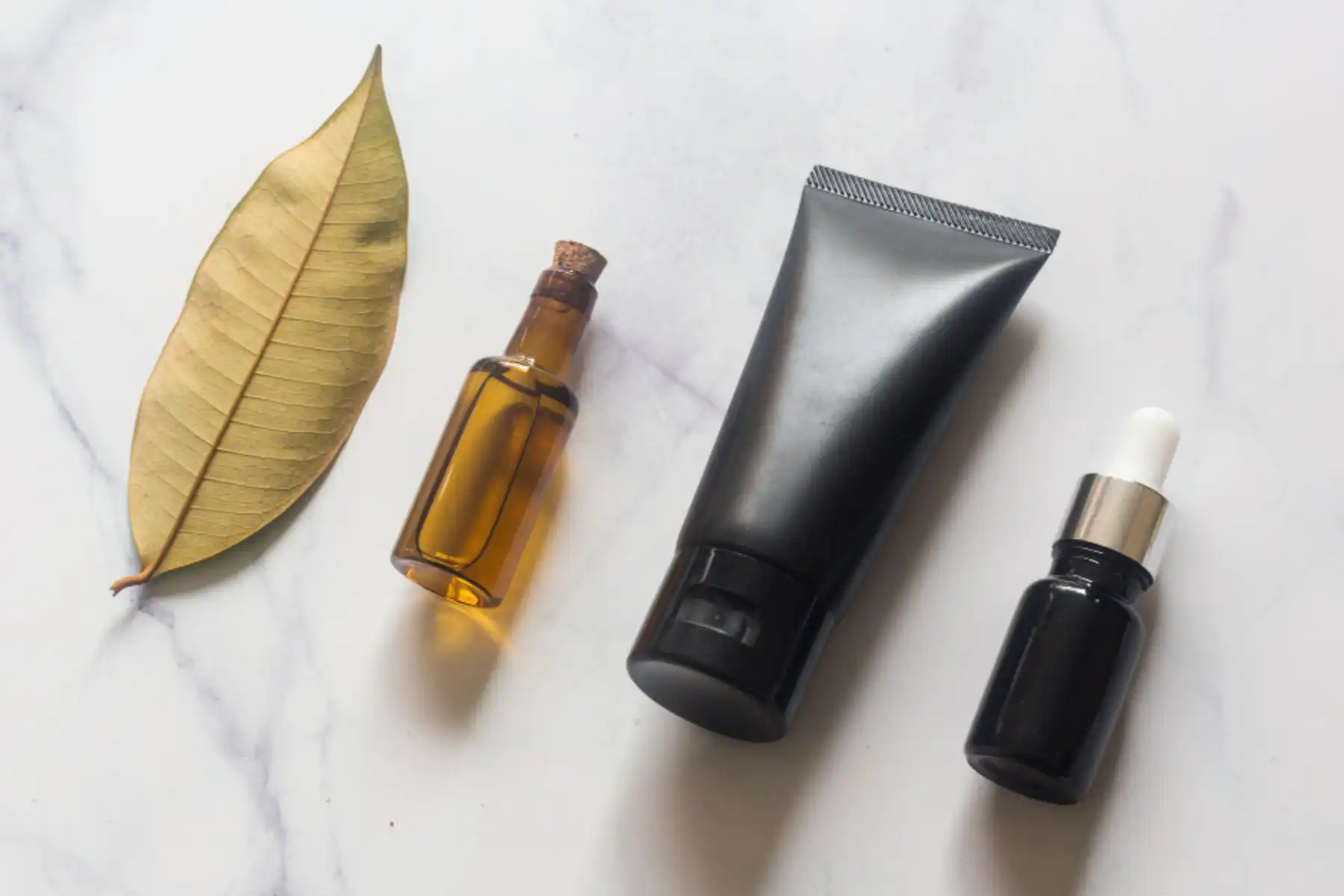
3. Gentle Skincare Routine
When treating acne, it’s crucial to use gentle skincare products that don’t irritate the skin further. Avoid harsh scrubs or products with a high alcohol content, as these can exacerbate acne. Opt for non-comedogenic products – these are specially formulated to not clog pores.
Be sure to cleanse your face twice daily with a mild cleanser and apply any acne treatment products as recommended by your dermatologist.
Click here to learn more about our recommended acne products here at Freyja Medical.
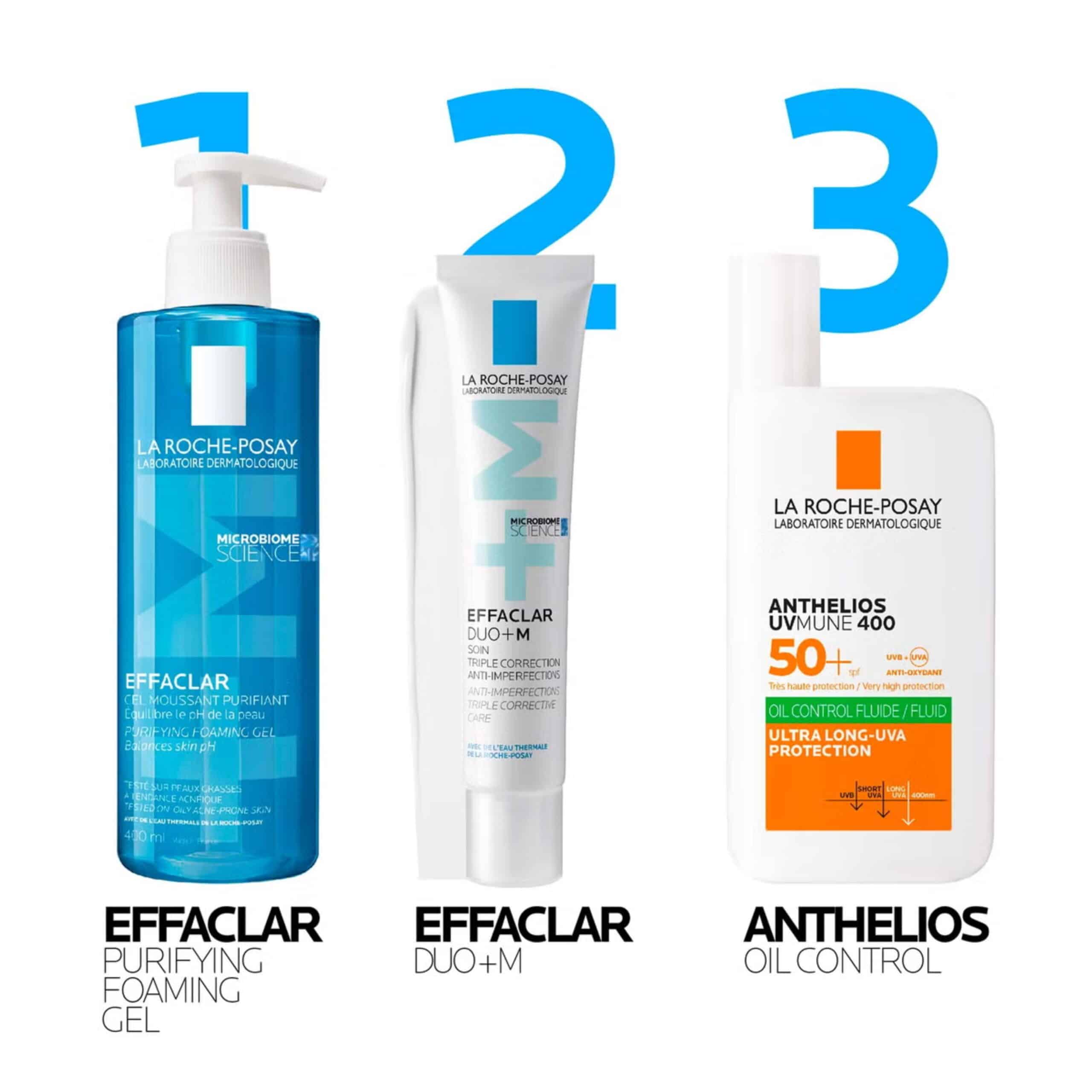
4. Prescription Treatments
In some cases, over-the-counter products may not be sufficient to manage acne, especially if the breakouts are severe or persistent. Prescription treatments such as oral antibiotics, hormonal therapy (e.g., birth control pills or spironolactone), and even oral retinoids like Accutane may be necessary to treat more stubborn acne.
Click here to learn more about over-the-counter vs prescription products.
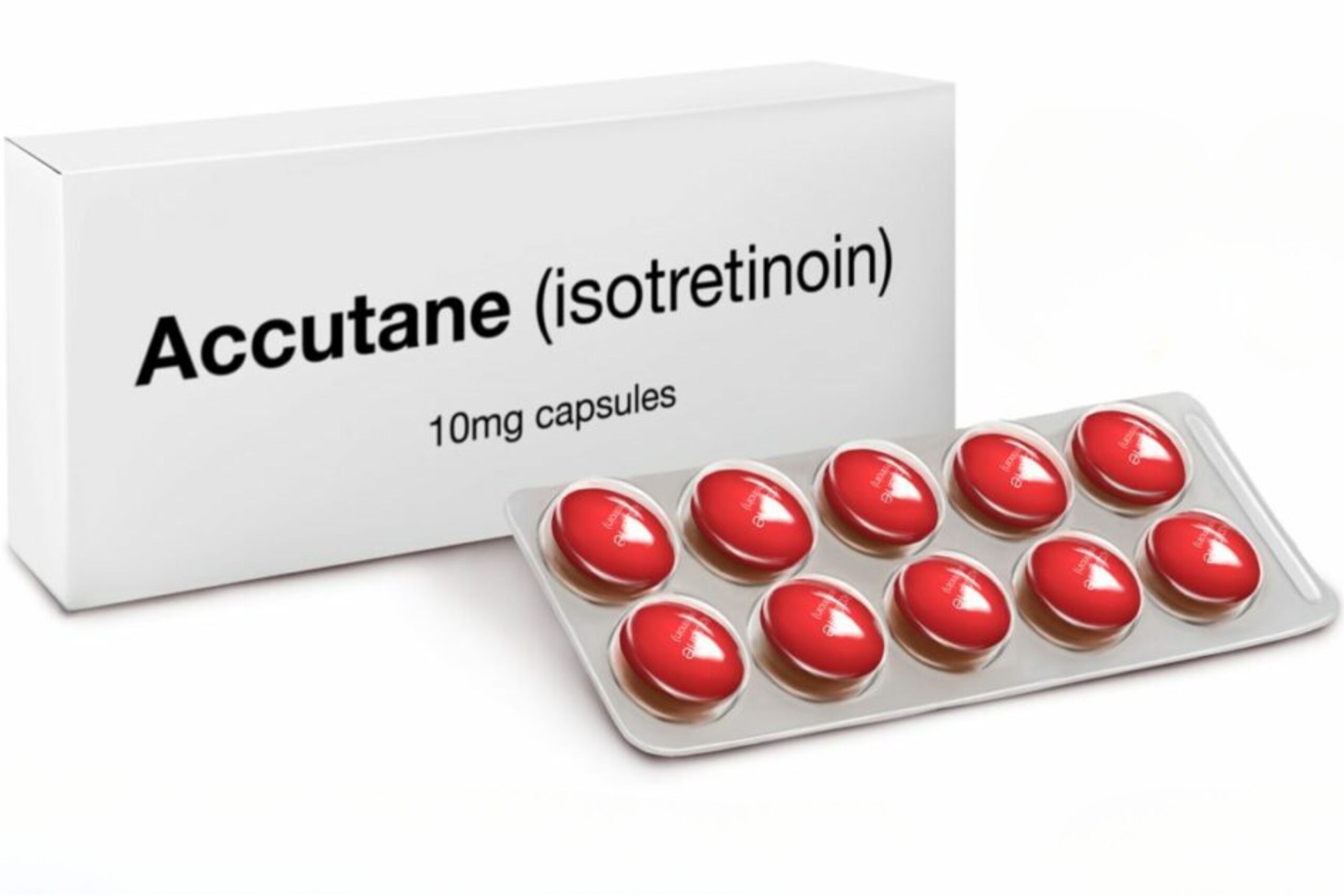
5. Lifestyle Adjustments
It’s not just about what you put on your skin, but also how you treat your body from the inside. Consider these lifestyle changes to support clearer skin:
Stress Management: Techniques such as yoga, meditation, deep breathing, or even regular exercise can help reduce stress and the production of acne-causing hormones.
Diet: A balanced diet rich in antioxidants, omega-3 fatty acids, and vitamins can help to combat inflammation in the skin. Limiting sugary and processed foods may also help manage acne flare-ups.
Sleep and Hydration: Aim for 7-9 hours of sleep each night and drink plenty of water to keep your skin hydrated and in top condition.
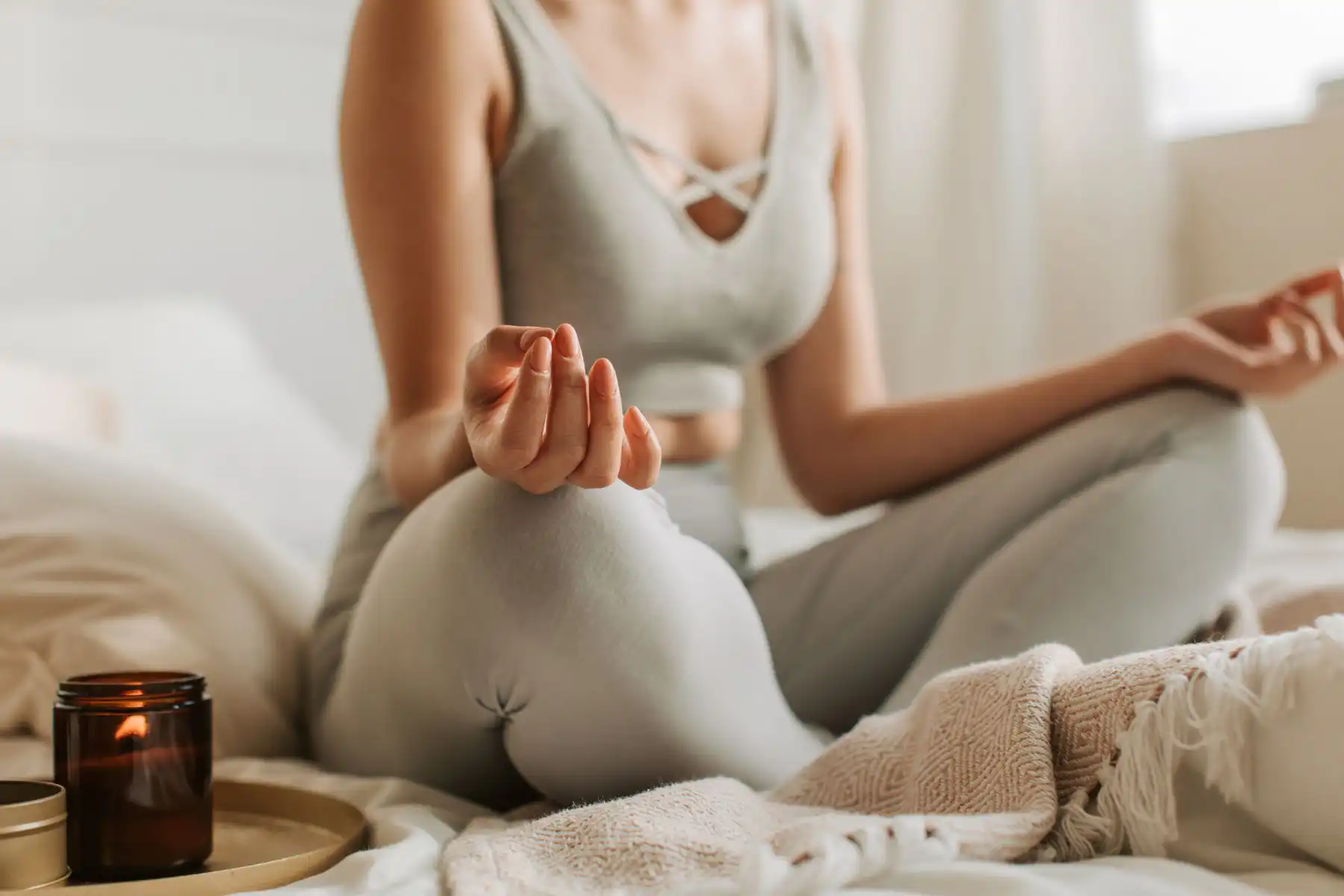
6. Advanced Treatments
At Freyja Medical, we offer a range of advanced treatments designed to effectively target both active acne and the marks it can leave behind. For ongoing breakouts, our acne treatment packages may include a combination of medical-grade skincare, prescription medication, and in-clinic treatments such as HydraFacials, skin peels and LED light therapy treatments each tailored to your skin type and acne severity. Click here to learn more about our acne treatment packages.
For those dealing with post-acne scarring, we also offer dedicated acne scar treatment packages, including microneedling and skin peels, to improve skin texture and tone over time. Every treatment plan is led by our expert team, ensuring your acne is managed with a personalised and medically sound approach. Click here to learn more about our acne scar treatment package.
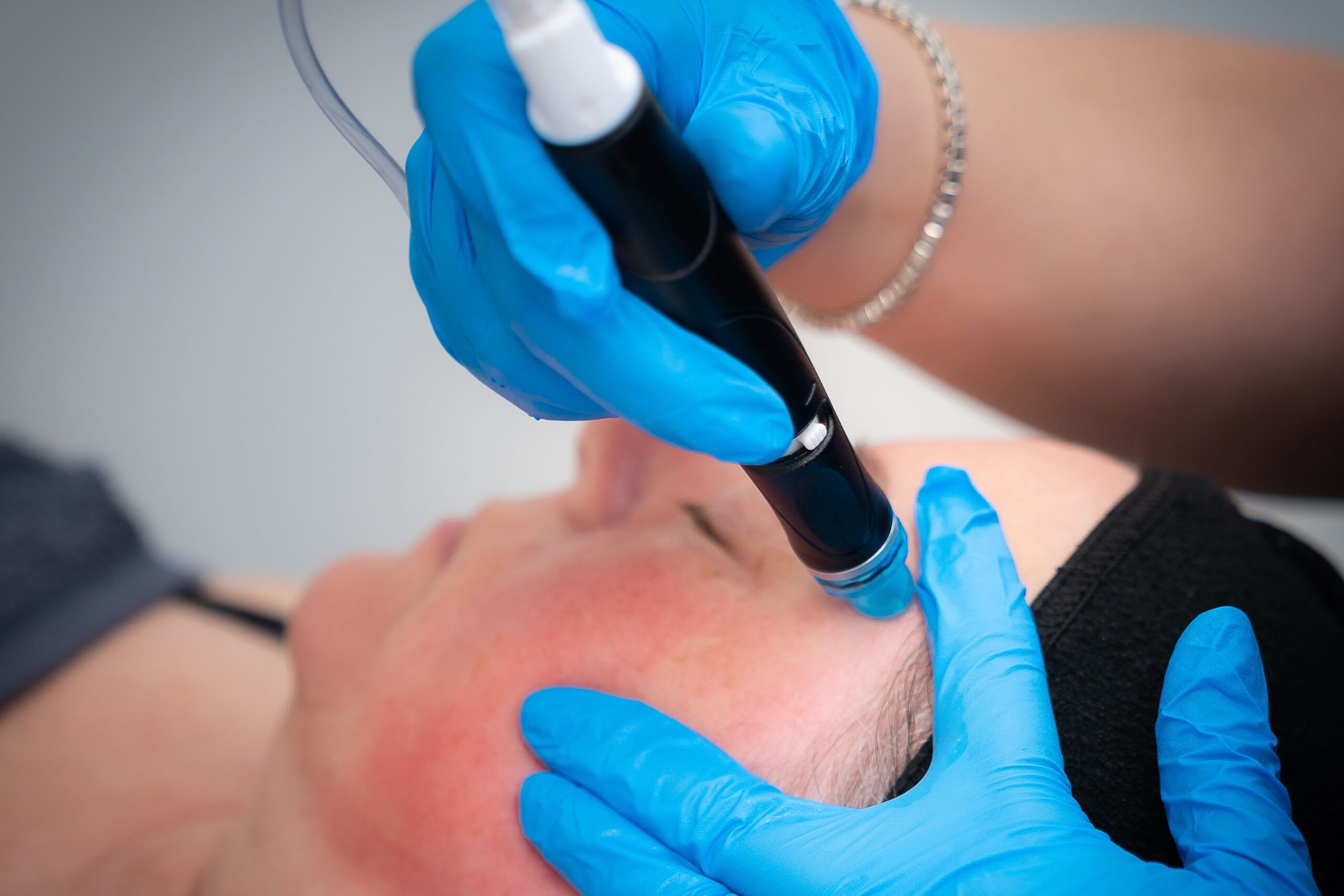
When to Seek Professional Help
If your adult acne persists despite your best efforts or is affecting your confidence, it’s time to seek professional help. At Freyja Medical, our team of expert dermatologists can provide you with a tailored treatment plan that may include advanced options such as:
- Hydrafacials
- Skin peels
- Acne scar treatments
- Medical-grade skincare products
- Prescription medications
For mild to moderate acne, we offer a free skincare consultation with one of our experienced skincare therapists.
For more severe or persistent acne, we recommend an initial dermatology consultation to provide a thorough diagnosis and personalised treatment plan. Dermatology consultation fees apply – click here to view our price list for current pricing.
How to Book an Appointment
Are you ready to take the next step towards clearer, smoother skin? At Freyja Medical, we are here to guide you through every step of your acne treatment journey. Book your consultation to discuss your concerns, create a personalised treatment plan, and get professional advice on the best course of action for your skin.
You can book your consultation online by clicking here, or contact us directly:
☎️ 01978 799688
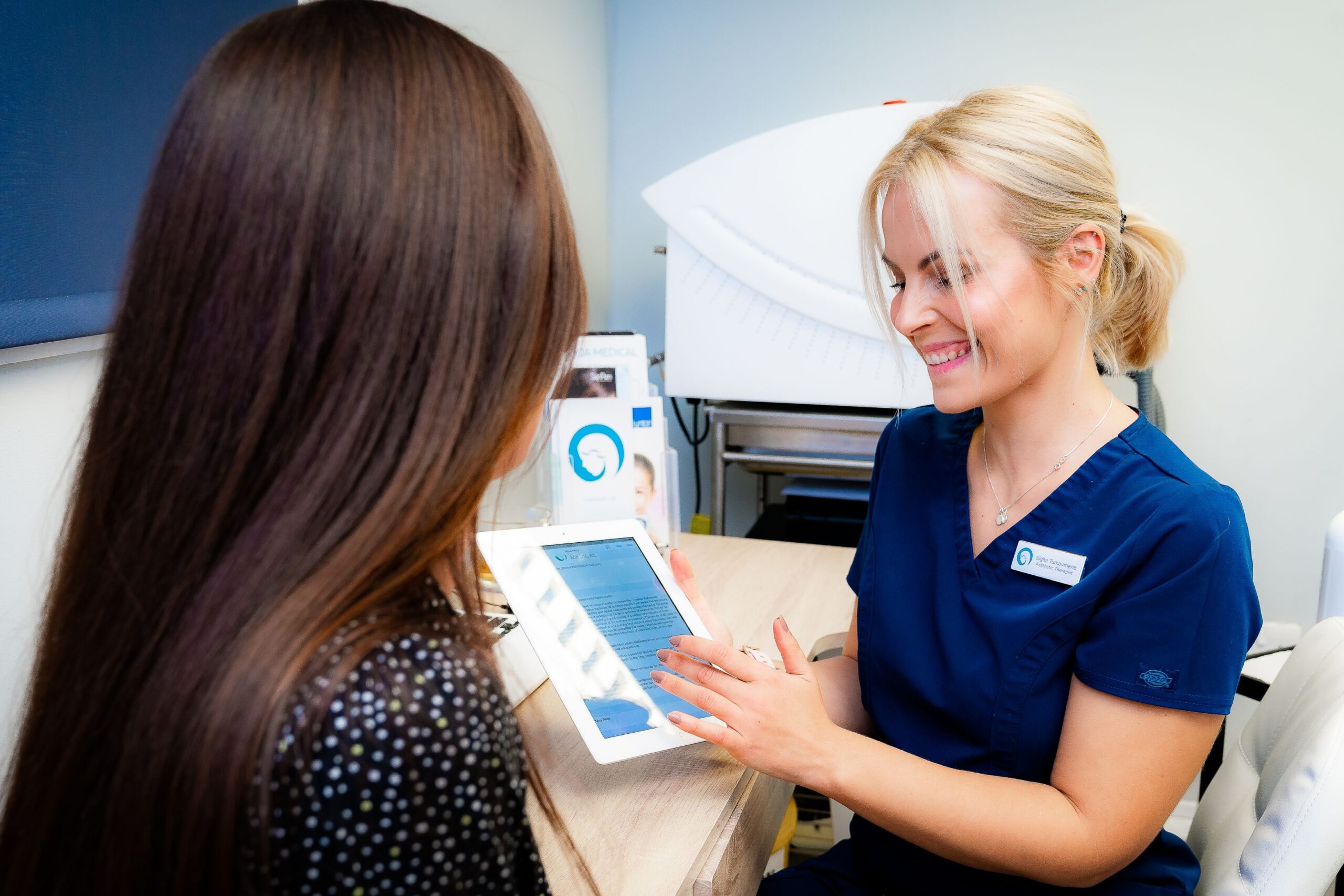
Start your journey to clearer skin today with trusted advice and tailored care.


